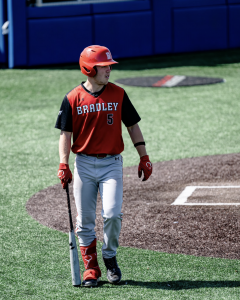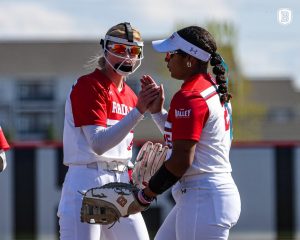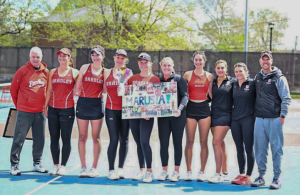In the past two weeks, the USL Championship (the second tier of U.S. soccer) saw two incidents where players’ language crossed the line. Unfortunately, the players on the receiving end of both incidents played for the same team, San Diego Loyal SC. The club’s response to both is a symbol that racism and homophobia have no place in “the beautiful game.”
The first incident happened on Sept. 23 in Los Angeles. San Diego was visiting LA Galaxy II when, in the 71st minute of the game, a scuffle between Galaxy’s Omar Ontiveros and Loyal’s Elijah Martin occurred. Ontiveros then used a racial slur toward Martin.
Other Galaxy players and staff, as well as the officiating crew, later admitted to hearing the slur and doing nothing about it. San Diego forfeited the match post-game upon hearing about the incident.
One week later in San Diego, a similar situation played out versus Phoenix Rising FC. Phoenix’s Junior Flemmings used a homophobic slur toward Collin Martin, the only openly gay professional soccer player in the U.S.
Similarly to the first incident, Flemmings was not disciplined, while later denying the use of a slur. After discussing in the locker room during halftime, San Diego decided to take a knee to start the second half and walked off the field, forfeiting the match in solidarity.
After investigations by the league, both Ontiveros and Flemmings received six-game suspensions for their abusive language, with the Galaxy eventually releasing Ontiveros from their roster.
While the league determined that San Diego could not forfeit their point against Los Angeles, they supported the intent, according to a league spokesperson.
San Diego manager and U.S. soccer legend, Landon Donovan, stood by his team’s actions.
“We’ve been through a lot this last week,” Donovan said in a video released on the team’s Twitter. “We made a vow to ourselves … that we would not stand for bigotry, homophobic slurs — things that don’t belong in our game.”
Both these instances of abusive language stirred up conversations all across social media, but some comments by those in the soccer community are problematic. Many claim that the consequences against these two players for simply “talking trash” were too severe.
To be frank, the claims that the league and San Diego overreacted are disgusting. The following shouldn’t be a new or hot take, but attacking a person’s identity is not trash talk.
As a sports fan, I recognize that there are mental aspects to the games we love which involve talking trash to opposing players now and then. However, the moment someone attacks someone else for their race or sexual orientation, it moves from trash talk to hate speech.
FIFA has made it clear through various campaigns against racism and homophobia that there is no place for hate in soccer. Now, it’s on us as a community to take a stand and hold each other accountable.
San Diego’s response is not only a symbol against hate but a lesson as to what makes sports special. As a team, they decided to take a stand, with a shot at the playoffs on the line, for their teammates.
The league’s decision to suspend the players is a step in the right direction. However, the incident shouldn’t have even happened and immense strides still need to be taken to eliminate hate from all sports, especially the most popular sport on the planet.
Ultimately, San Diego’s actions are a show of hope. They put their love for what they do behind them and showed the league that this behavior is not acceptable. Its response to hate needs to set the bar for all sports.




